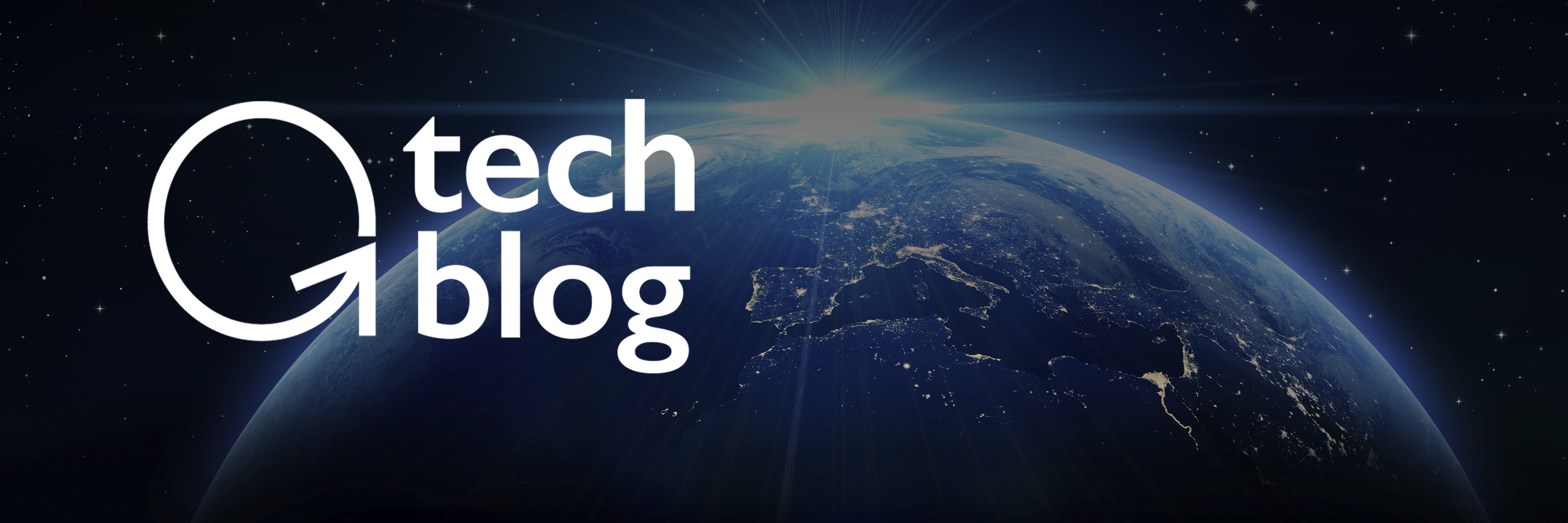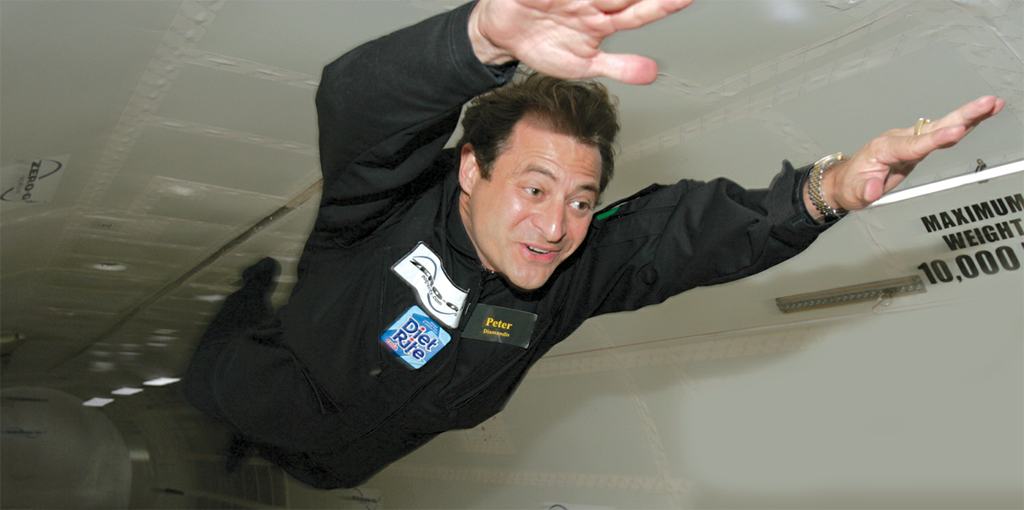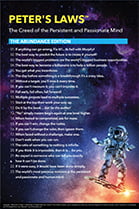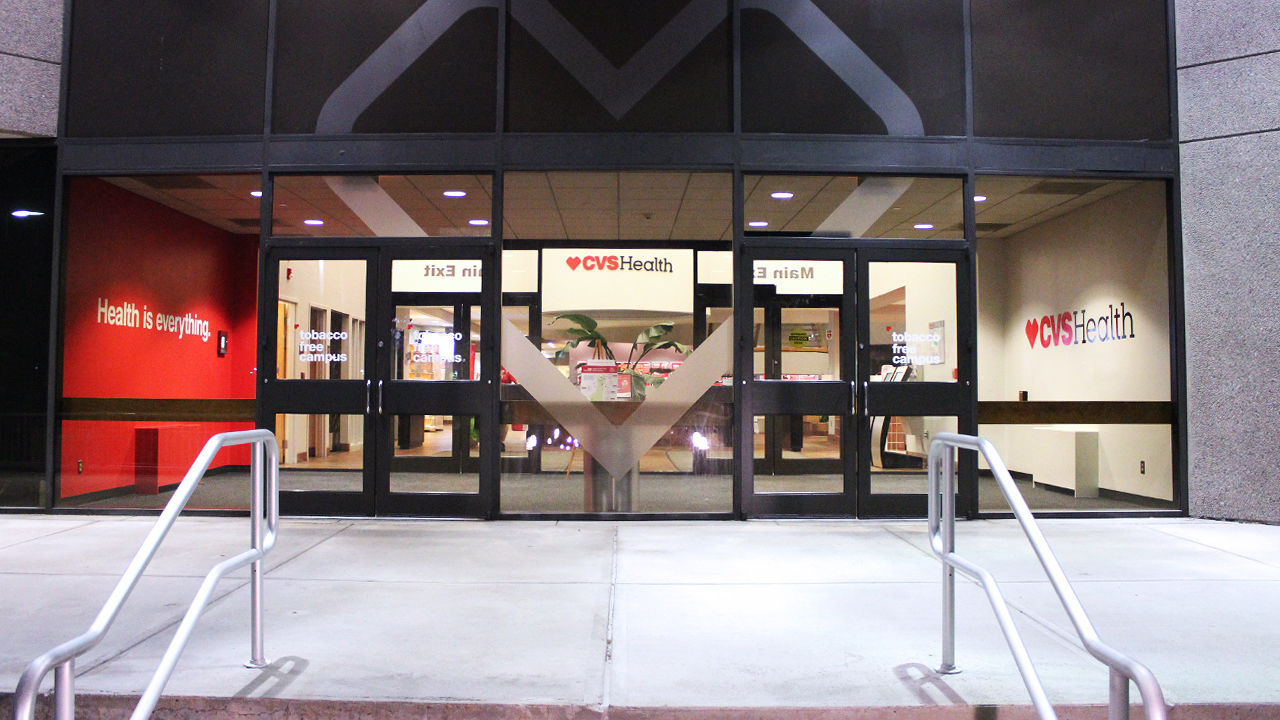
Gelatin gloves, movement-mimicking robots, and space lettuce. These are just some of the inspiring innovations we curated in this week's edition of Abundance Insider.
Cheers,
Peter, Marissa, Cody, Maxx, Kelley and Greg
P.S. Read any news that should go in this digest? Send it to data@diamandis.com.
P.P.S. Know someone who would benefit from getting Abundance Insider? Send them to this link to sign up.
What is this? Consider this a briefing of the week's most compelling tech developments, as uncovered by Peter and his team and curated by Marissa Brassfield. In preparation for Abundance 360, Peter's mastermind for exponential entrepreneurs, our team shares breakthrough ideas and news items with each other and consider their implications for entrepreneurs.
IBM and CVS Health Want Watson to Manage Your Diabetes

What it is: CVS Health has partnered with IBM Watson to develop custom care management services for patients with chronic illnesses and license these new technologies to insurance companies. A press release says that the product will predict at-risk individuals who could benefit from early intervention, develop adherence regimens for patients, and suggest appropriate, cost-effective primary care and outpatient providers.
Why it's important: Past Watson partnerships have focused on oncology and clinical trials. This initiative is IBM's biggest move into mass market health care for Watson yet, and it will be an exciting look into the future of data-driven decisionmaking in the health and insurance fields.
Spotted by Marissa Brassfield
Watch This Human-Controlled Robot Crush Cans And Punch Through Drywall
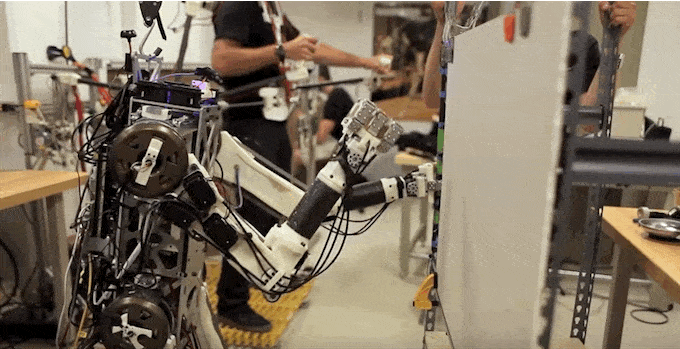
What it is: This MIT robot mimics the moves of a human partner wearing an exoskeleton-style suit and goggles that beam what the robot is seeing. It can crush cans, punch through drywall, and even transmit force feedback to the human operator (think leaning and getting jostled) so that the human can help the robot balance.
Why it's important: Impressive application of the human-technology teamwork Peter and Dan describe in their Exponential Wisdom podcast. Imagine a fireman using a future iteration of this exoskeleton to guide a robot into a burning building for rescue efforts.
Spotted by Cody Rapp
Eco-Friendly 3D-Printed Supercar
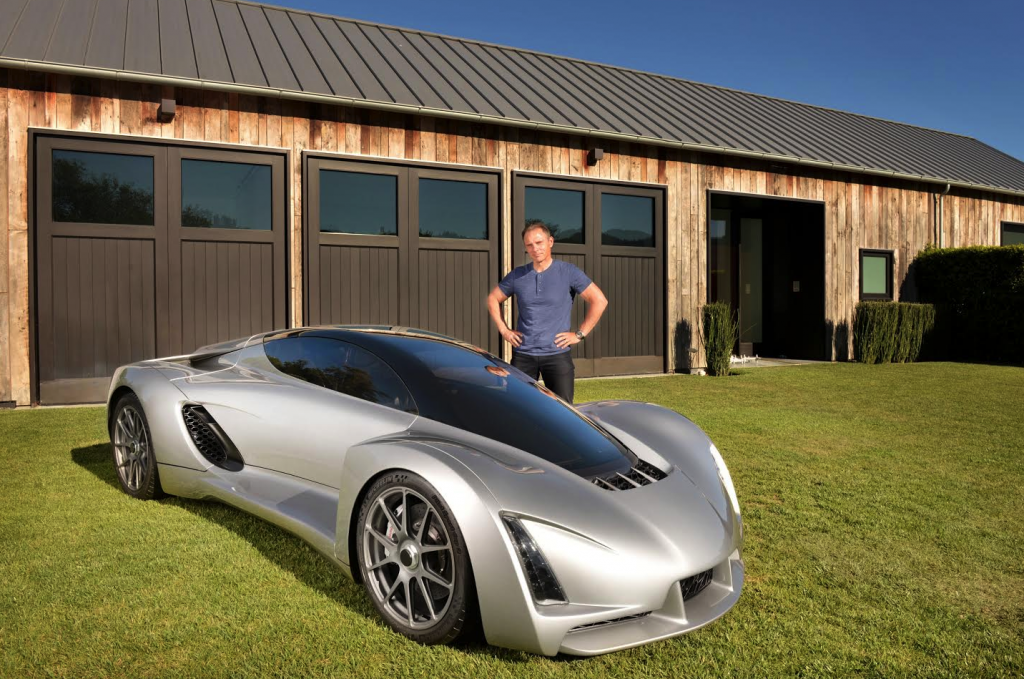
What it is: Divergent Microfactories' Blade is the world's first 3D printed supercar, packing a 700 HP motor that runs on natural gas or gasoline. To create the car's chassis, the company 3D printed 70 aluminum nodes and then joined them with off-the-shelf carbon fiber tubing -- a process that takes semi-skilled workers about 30 minutes to do by hand. Blade has 1/3 the emissions of an electric car and 1/50 the factory capital costs of other manufactured cars.
Why it's important: Divergent Microfactories' manufacturing process (which they plan to share) dematerializes large car factories and car-assembling robots, demonetizes automakers, and democratizes the ability to design and build your own car from scratch. This empowers "garage entrepreneurs" to create microfactories and take on big automakers.
Spotted by Tyler Achtem
Your Lawyer May Soon Ask This AI-Powered App for Legal Help
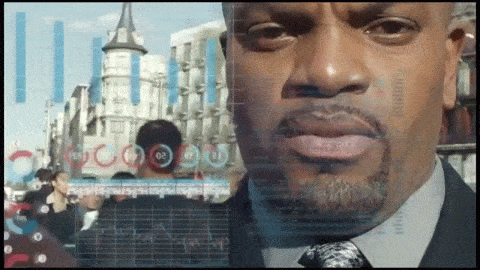
What it is: ROSS Intelligence is a Watson-powered app that lets users ask natural-language questions ("Can an employee be terminated without notice if they haven't been meeting sales targets?") to search its database of legal documents. Its built-in LegalRank algorithm intelligently prioritizes results -- for example, Supreme Court cases rank higher than local decisions.
Why it's important: Law firms currently spend $9.5 billion on research per year, and attorneys spend nearly one-fifth of their working hours on legal research. Thanks to IBM Watson's open developer platform, this app uses cognitive computing and Artificial Intelligence to demonetize these expenses and billed hours, dramatically accelerating the pace of research.
Spotted by Marissa Brassfield
Smarter Smartphone Alerts Come In When You Want Them
.jpg)
What it is: Ever felt irritated by a poorly timed smartphone notification? Triggerhood makes data-compiling software that app developers can use to determine when you're likely to find a notification useful or annoying, and adjust delivery accordingly. For example, a Triggerhood-enabled news app could determine when you're driving or running, and delay a push notification on breaking news.
Why it's important: Data mining, sensors and networks enable us to know anything, anytime -- and here's a way app designers can use all this data to significantly improve user experience.
Spotted by Marissa Brassfield
What Will You Do After White-Collar Work?
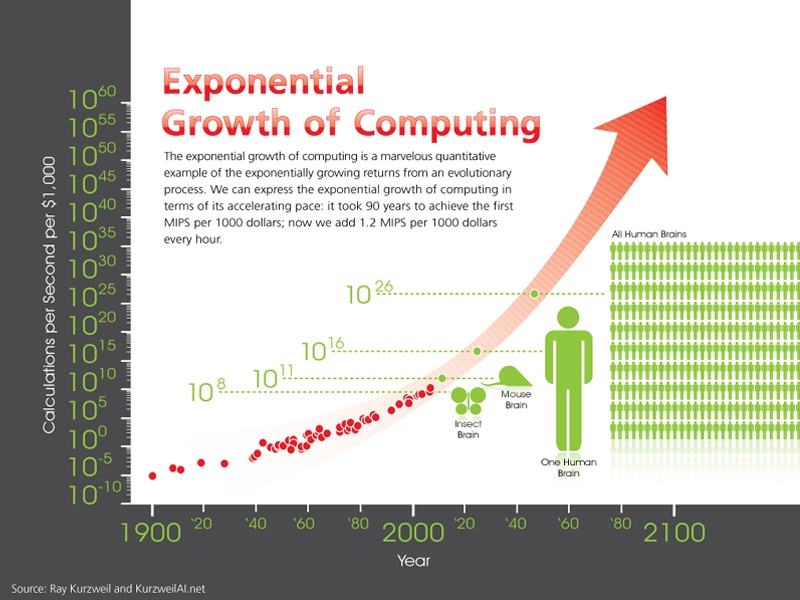
What it is: Excellent article by Shelly Palmer on how the exponential growth of computing power affects white-collar workers, or those of us who make a living "translating the value of [our] intellectual property into wealth." What happens when algorithms, AI and robots perform core functions of your job faster, cheaper and better than you can?
Why it's important: Change is inevitable, and we must be prepared to adapt. Palmer offers actionable advice to do so: "Use our high-level cognitive ability to anticipate what parts of our work will be fully automated and what ... will be so hard for machines to do that man-machine partnership is the most practical approach. With that strategy, we can [adapt] our skills to become better than our peers at leveraging man-machine partnerships. We've always been tool-users; now we will become tool-partners."
Spotted by Marissa Brassfield
How Uber is Changing Life for Women in Saudi Arabia

What it is: Fascinating article on Uber's impact in Saudia Arabia, where women comprise 70% to 90% of Uber riders, according to general manager Majed Abukhater. (Women there are not allowed to drive, and typically rely on paid services or male relatives.) Uber connects expats from Africa or Asia to established limo companies, assisting with their residency and work permit requests to entice new drivers to come on the Uber platform.
Why it's important: Uber has found a strong foothold in Saudi Arabia by creating infrastructure in the transportation industry and making it fast and easy for an underserved market (women) to get around. This has ripple effects on the country's future: women currently comprise 60% of the Saudi college student population.
Spotted by Marissa Brassfield
Luxury Wool Made From Leftover Animal Parts
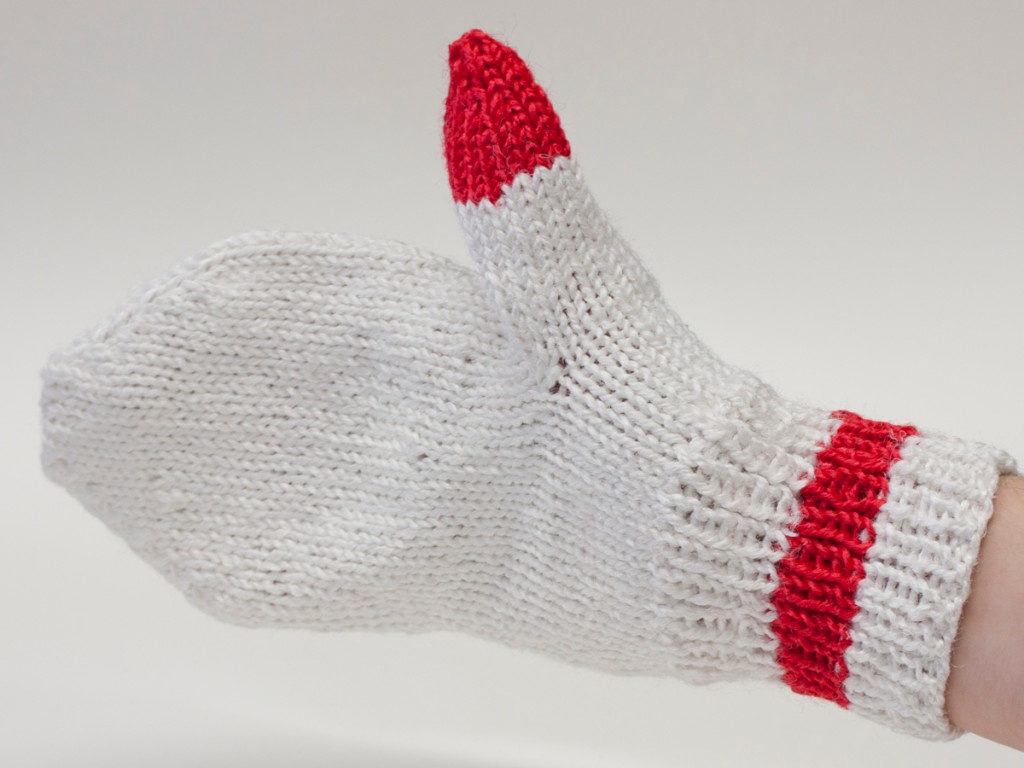
What it is: The Functional Materials Laboratory at ETH Zurich has developed a machine that transforms gelatin -- made from the collagen that comes from animal tendons, skin, bones, ligaments and tendons -- into a wool-like fabric. It's a fashionable solution to the 25 million tons of slaughterhouse waste produced each year in Europe alone, most of which ends up in a landfill.
Why it's important: Application of Robotics and materials science are enabling researchers to reinvent how we manufacture everything. This advancement may drastically reduce landfill waste and help supply some of the 90 million tons of textiles produced each year.
Spotted by Marissa Brassfield
When Your Gym Is An Arcade, And Your Arcade Says You Have Cancer

What it is: Fitzania illustrates what a future doctor's appointment could look and feel like. Users enter in a projection-mapped room and swing a four-pound ball to match onscreen prompts. The exercise game tracks players' biometrics (heart rate, respiration, reflexes and cognitive speed). This data would then be uploaded to the patient's private medical records as an automated checkup or a data point before their next physical.
Why it's important: This interactive exhibit was created for the UAE's Museum of the Future, but it reflects key healthcare trends we've been observing all year: the dematerialization of hospitals, focusing on proactive illness prevention, and gathering comprehensive long-term data to drive care decisions.
Spotted by Marissa Brassfield
Google Just Announced a Massive Overhaul of its Business Structure
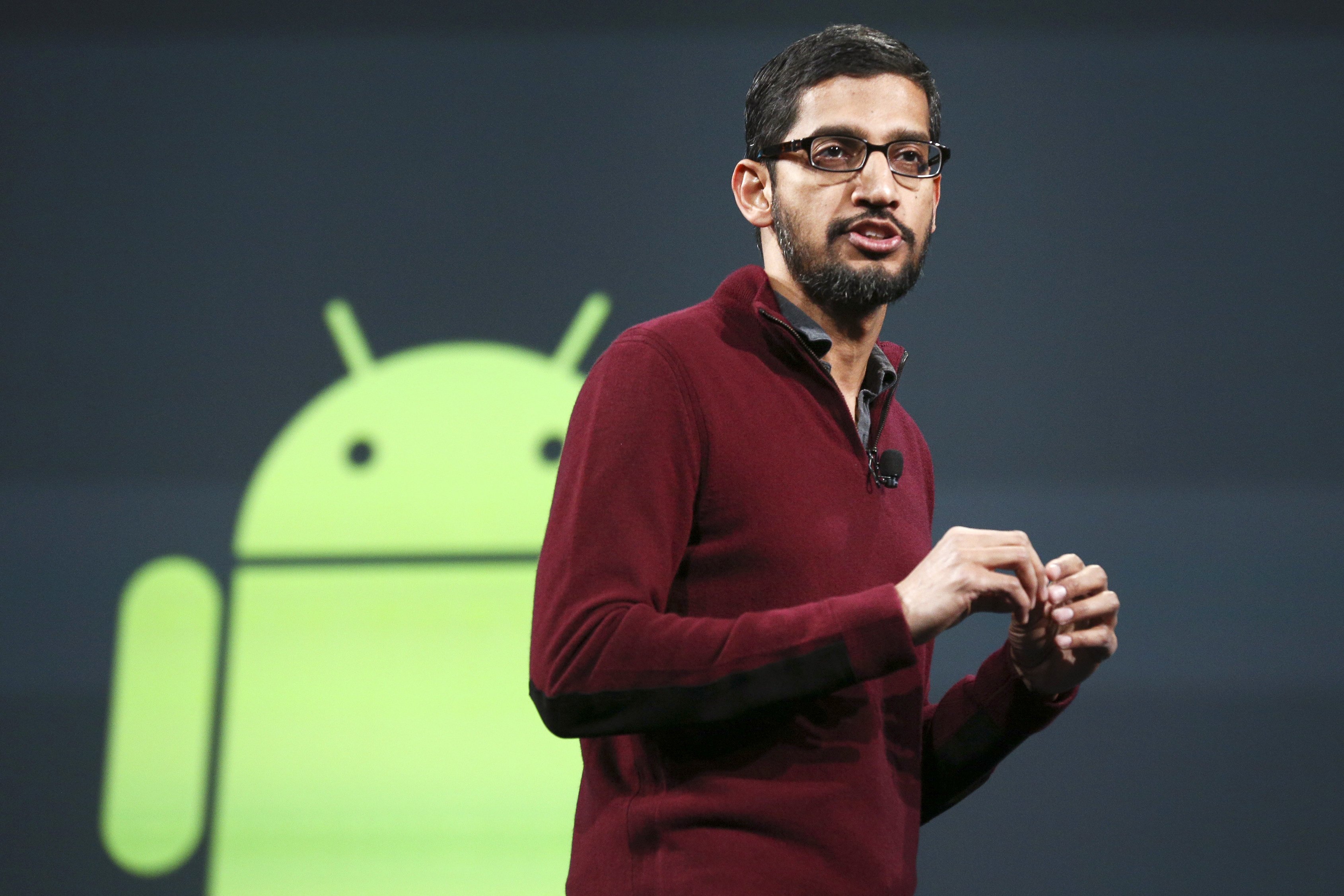
What it is: Earlier this week, Google overhauled its business structure. It's now a subsidiary of a parent company, Alphabet. Alphabet's mission is to "get more ambitious things done." Larry Page and Sergey Brin are its CEO and president, respectively. Sundar Pichai, who has been running Google since October, is now its CEO.
Why it's important: This organizational change frees Google's visionaries to oversee, guide and direct independently running businesses -- and focus on taking moonshots. It's a model for exponential entrepreneurs to watch.
Spotted by Cody Rapp
This Cute Simulation Proves Why We Need Driverless Cars
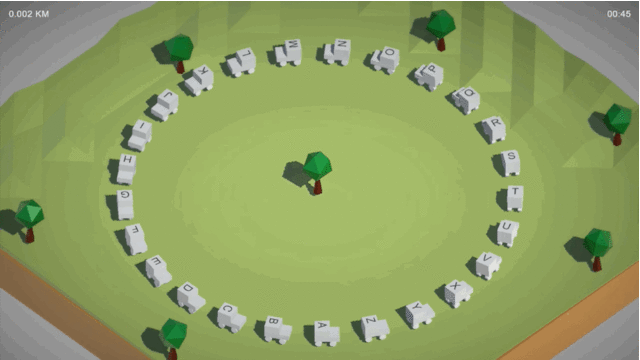
What it is: The Swedish Transport Administration has paired up with game accelerator Stugan to create a simulation that lets you take control of one of 26 driverless cars circling a tree. Playing the game disproves a common belief: that human drivers are safer than robotic ones. It also indicates that even human cars will need some level of automation to truly create a traffic-free street -- perhaps automatically kicking into self-driving mode within certain city limits.
Why it's important: It's a simple yet effective look into our near future, where human drivers (and their erratic driving patterns) coexist with autonomous vehicles -- and an illustration of all the designed interventions automakers will need to account for in self-driving cars.
Spotted by Marissa Brassfield
ISS Astronauts Just Ate the First Lettuce Grown in Space
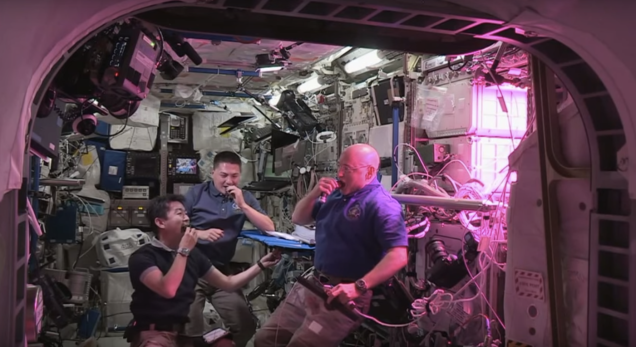
What it is: NASA video of Expedition 44 astronauts eating a crop of "Outredgrous" romaine grown in space. The romaine was grown from the International Space Station's "Veggie" Plant growth system -- the first fresh food production system in space.
Why it's important: NASA hopes to eventually use Veggie to create sustainable food systems for Mars pioneers and astronauts on deep-space missions. Researchers can also apply lessons learned from Veggie to terrestrial endeavors like vertical and indoor farms.
Spotted by Marissa Brassfield
Want more conversations like this?
At Abundance 360, Peter's 250-person executive mastermind, we teach the metatrends, implications and unfair advantages for entrepreneurs enabled by breakthroughs like those featured above. The program is highly selective and we're almost full, but we're still looking for a few final CEOs and entrepreneurs who want to change the world. Apply now for Abundance360 Summit if you'd like to develop an Abundance Mindset.
Know someone who would benefit from getting Abundance Insider?Send them to this link to sign up.



